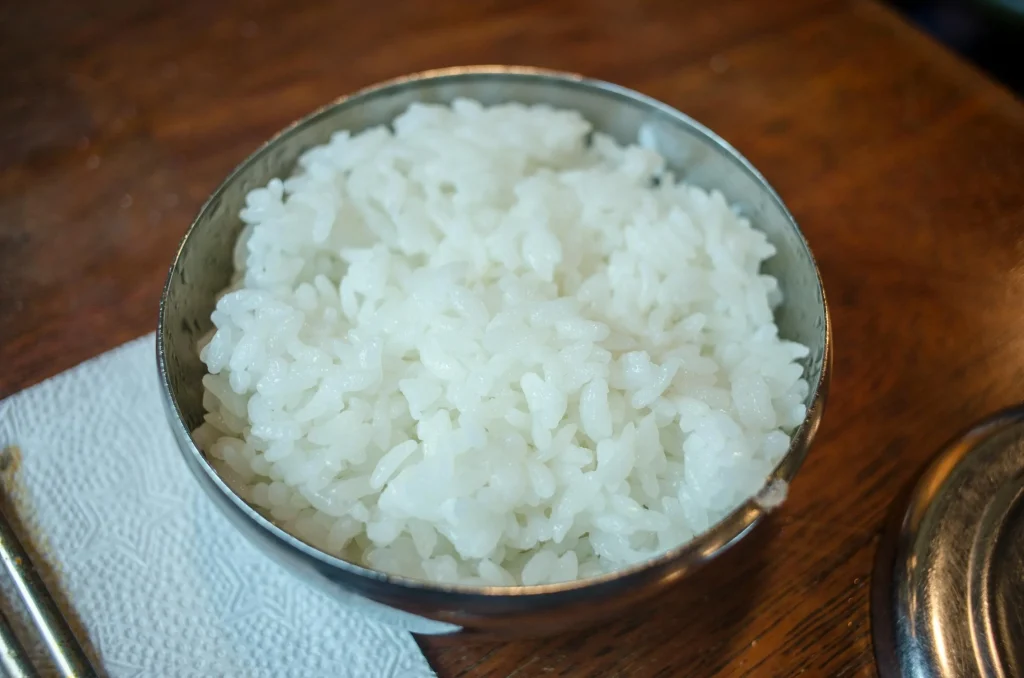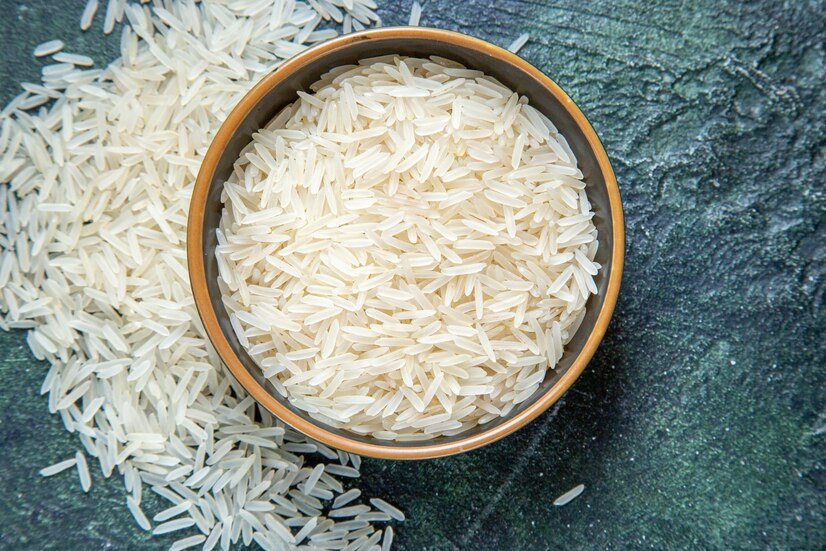Can cats eat rice?
Yes, cats can eat rice in moderation. While cats are obligate carnivores and primarily need animal-based protein in their diet, small amounts of rice can be a safe occasional treat or dietary supplement. Plain, cooked white or brown rice is generally easily digestible for most cats. However, it’s important to note that rice should never replace their regular, nutritionally balanced cat food.
Always introduce new foods gradually and in small quantities to monitor your cat’s reaction. If your cat has any underlying health issues or dietary restrictions, consult with your veterinarian before adding rice to their diet. While rice isn’t toxic to cats, it doesn’t provide the essential nutrients they need for optimal health. Read Also can cats eat apples

Is rice good for cats?
Rice can be a neutral addition to a cat’s diet when given in moderation, but it’s not necessarily “good” for them in the way their primary diet of animal-based protein is. Cats are obligate carnivores, which means their bodies are designed to derive nutrition primarily from meat. Their digestive systems are not well-equipped to process large amounts of carbohydrates, including grains like rice.
That said, small amounts of plain, cooked rice can sometimes serve a purpose. For instance, it can be a bland, easily digestible food that might help settle an upset stomach or act as a bulking agent for cats with diarrhea. Rice can also be a useful ingredient in homemade cat food recipes (when prepared under veterinary guidance) to provide a source of carbohydrates and help bind other ingredients together. Read Also can cats eat tomato sauce
However, it’s important to understand that rice lacks many of the essential nutrients cats need, such as taurine, arachidonic acid, and animal-based proteins. Feeding too much rice can lead to nutritional deficiencies if it displaces too much of their regular cat food.
Additionally, some cats may have difficulty digesting grains, leading to gastrointestinal discomfort or allergic reactions. Always observe your cat closely when introducing any new food, including rice, and discontinue use if you notice any adverse reactions like vomiting, diarrhea, or changes in behavior.
While rice isn’t harmful to cats in small amounts, it’s not a necessary or particularly beneficial part of their diet. A high-quality, commercially prepared cat food that meets AAFCO (Association of American Feed Control Officials) standards will provide all the nutrients your cat needs without requiring supplementation with foods like rice.
Health benefits of rice
Rice can be good for cats in some ways. It’s easy for cats to digest and can help if they have tummy troubles. Rice gives cats energy and can make them feel full. It has some vitamins and minerals that cats need to stay healthy. Rice is also low in fat, which is good for cats that need to watch their weight.
When a cat is sick and not eating well, rice can be a gentle food to help them get better. It’s soft and doesn’t upset their stomach. Rice can also help cats with diarrhea by making their poop more solid.
However, rice shouldn’t be the main food for cats. Cats need meat to be healthy. Rice can be a nice extra food, but not the only thing they eat. Too much rice might make cats gain too much weight.
If you want to give your cat rice, cook it plain without salt or spices. Make sure it’s cool before giving it to your cat. Start with a small amount to see if your cat likes it and if it agrees with their tummy.
Always talk to your vet before making big changes to your cat’s food. They can tell you if rice is good for your specific cat and how much to give.
How to make cats eat rice
How to feed rice to your cat
Can Cats Eat Rice to Help with an Upset Stomach?
Which type of rice can cats eat easily?
Which type of rice is harmful to cats?
Can cats eat white rice?

Can cats eat brown rice?
Can cats eat rice every day?
Can cats eat jasmine rice?
Cats can eat jasmine rice if it’s prepared plainly without any additives. Jasmine rice is a type of white rice, and the same general guidelines apply. However, the strong scent might be off-putting to some cats. Stick to small amounts as an occasional treat.
Can cats eat fried rice?
Can cats eat uncooked rice?





